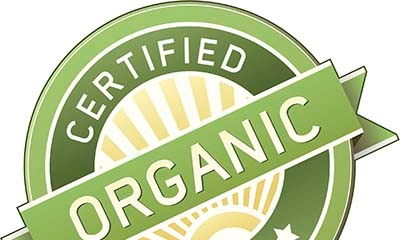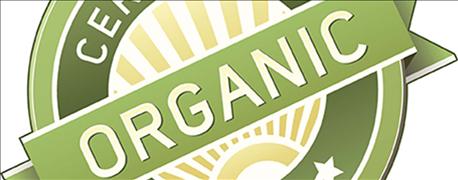October 19, 2016

A Joint Organic Compliance Committee to enhance cooperation and ensure the integrity of organic products traded between the United States and Mexico is being established.
The committee will be established through a terms of reference signed by the AMS Administrator Elanor Starmer and Enrique Sánchez Cruz, Director in Chief of the National Service for Animal and Plant Health, Food Safety and Quality of Mexico (SENASICA).
Related: What is USDA AMS doing to facilitate organic agriculture?

Once convened, the committee will establish requirements for the use of import certificates in both countries within six months to provide verification of each shipment of organic products between the United States and Mexico. (Photo: Ihfgraphics/Thinkstock)
“We deeply value our relationship with Mexico as we work towards organic equivalency. Both countries agree that strong compliance and enforcement programs are essential to maintaining organic integrity across borders,” said Starmer. “The committee’s work will strengthen monitoring and enforcement controls, and improve traceability of organic products traded between the U.S. and Mexico.”
In October 2013, Mexico published implementing guidelines and regulations for organic production and marketing, which will be fully implemented in 2017. To maintain market access for U.S. organic products and to strengthen its trade partnership with Mexico, the United States and Mexico are working toward achieving equivalency in organic production and trade, and agreed to form a committee to take concrete steps to strengthen monitoring and enforcement controls on organic products.
Once convened, the committee will establish requirements for the use of import certificates in both countries within six months to provide verification of each shipment of organic products between the United States and Mexico. In addition, the committee will implement sampling of organic products for chemical residues and will share sampling results with the two countries’ regulatory authorities. The committee will further engage with certifiers operating in Mexico by conducting listening sessions to determine any additional training, oversight, or policy guidance needs.
Related: Organic industry sales grew by 11%
Equivalency arrangements provide U.S. organic producers and handlers with access to a growing global organic market. By allowing organic products certified in one country to be sold as organic in each participating market, they reduce the cost of duplicative certifications, fees and inspections. In the past six years, USDA has established equivalency arrangements with Canada, the European Union, Japan, Korea and Switzerland, providing U.S. organic farmers and businesses with streamlined access to international organic markets valued at over $35 billion.
Source: USDA AMS
You May Also Like




